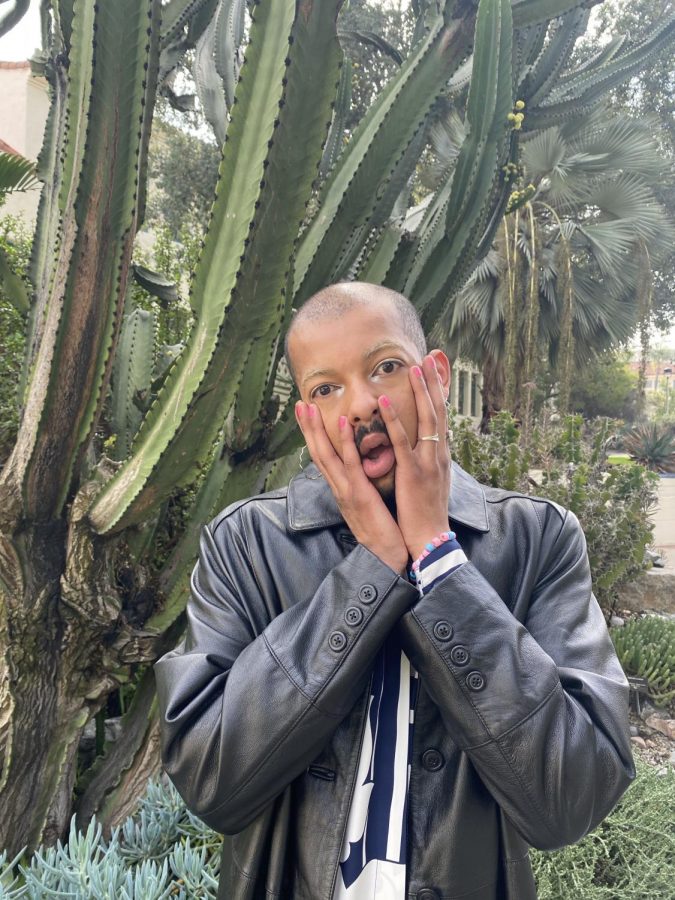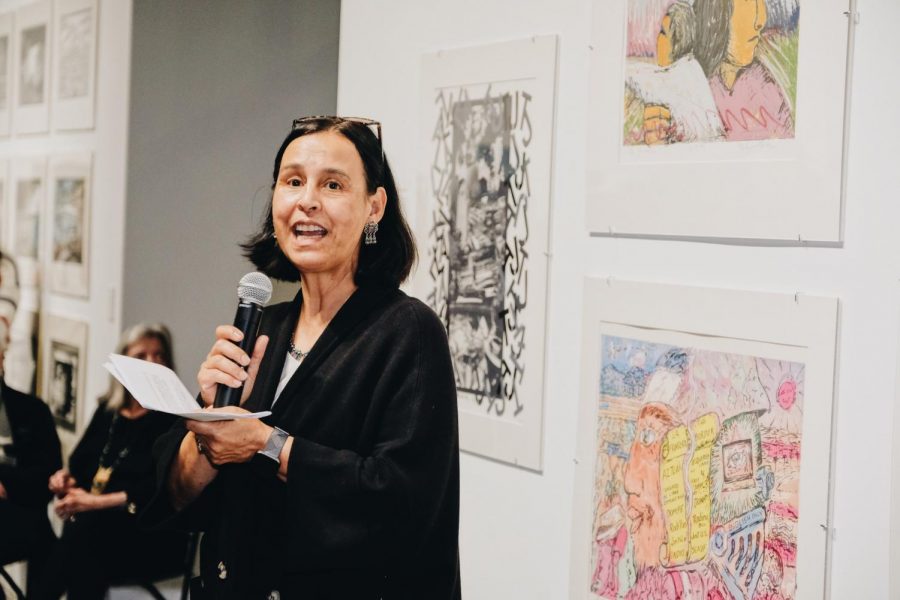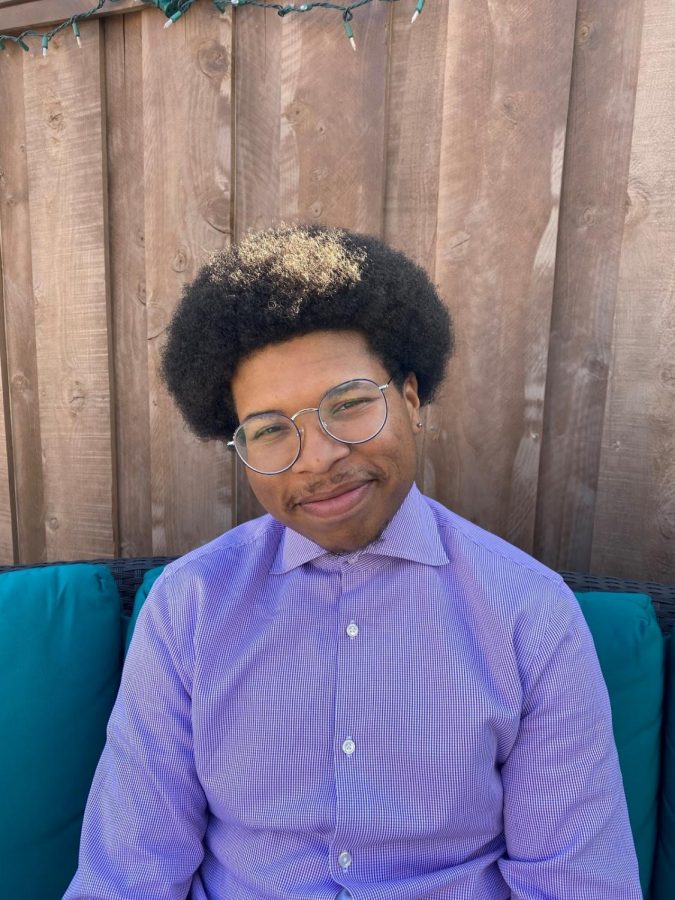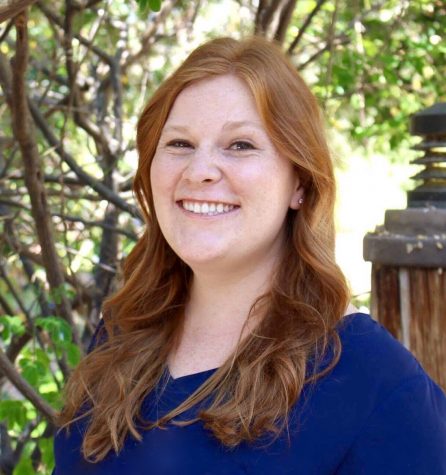It’s said that one phone call can change your life. As cliche as that statement is, I never realized how true it was — until recently.
Two weeks ago, I received what I thought was just an ordinary phone call. The voice on the other end of the line was one I happily recognized but spoke words I didn’t understand.
“Christine, I really don’t know how to tell you this,” the voice said.
“Tell me what?” I replied.
After a moment of hesitation, the voice finally responded with a quick and jumbled collection of words that just happened to somehow form an audible sentence.
“I’ve been diagnosed with cancer,” the voice said.
I went to speak, but I choked — my first word inaudible. I couldn’t believe what I had just heard. We’ve been best friends for almost eight years and I’ve always known what to say, until that exact moment.
Anyone who knows me well, or has ever spent longer than five minutes with me, knows not only am I a great listener but an even better talker. But how was I supposed to react? Was there a textbook reaction I didn’t know? To my dismay, finding out one of your best friends has cancer doesn’t come paired with a guide book.
As the accumulation of thoughts rushed through my head, time seemed to slow down — almost stand still. There was a dead silence shared between us, a silence in which 15 seconds felt like a lifetime. After a whole 15 seconds had passed, I answered in the only way that made sense to me at the time.
“You’re joking, right?”
In retrospect, that was probably not the greatest opening line, but it made the most sense in the senseless situation we found ourselves in . When I received confirmation that this was not in fact a joke, I went from a slight sense of nervousness to complete panic.
This newly found anxiety caused me to talk faster than a thoroughbred in the Kentucky Derby. My mind filled with questions, which I seemed to blurt out in sets of threes without waiting for an answer.
Throughout all of the questions I asked in a 30-second period, three stood out to me the most: “When did you find out? How bad is it?” And finally, “What happens next?”
Although the first two questions were met with immediate responses, we’re all still searching for the answer to question three. Apparently, removing cancer has a lot of steps.
I was angry for a while, having the whole “why do bad things happen to good people” mentality. But I realized, bad things can happen to anyone, at any time, without warning.
It’s difficult to put the entire process into words, but one word that comes close is unsettling — it’s the first thing I think of when I wake up and the last thing I think about before I go to sleep.
Every day is met with an overwhelming sense of worry, and it’s only been two weeks. It’s a strange feeling, someone so close to you having cancer. So far, the hardest part is the overwhelming wish and the irresistible desire to do more but knowing you can’t.
Although I know this process is met with a long road ahead, I try to remain strong and optimistic — because after all, what are best friends for?








